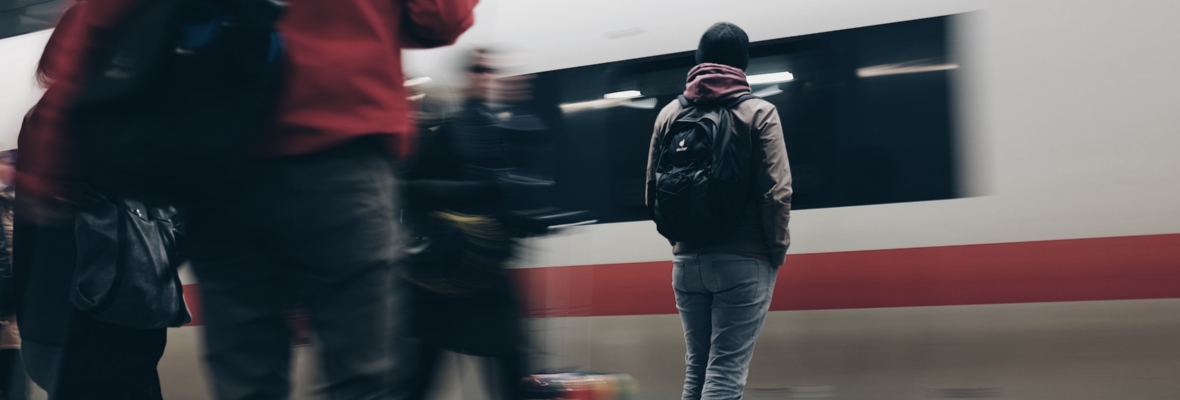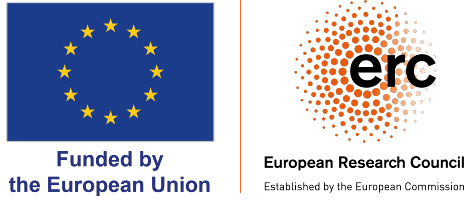
Romani Family in an Age of War
Romani Family in an Age of War
ERC 2024 Action grant, Horizon Europe, European Commisssion
101170655; 09/01/2025 – 08/31/2030
Principal Investigator: Martin Fotta
Team members: Natálie Najmanová
Existing scholarship has highlighted disparities in the adverse consequences of armed conflicts, forced displacement, and peacebuilding on Romani communities, which feed on and exacerbate prior patterns of marginalisation, racism, and dispossession. Yet there is a notable lack of longitudinal research on lived Romani experiences of war, forced displacement, and post-war reconstruction—despite the presence of Romani people in every European and Middle Eastern country that has witnessed war over the last three decades. Virtually nothing is known about how Roma have maintained families, kinship networks, and community cohesion, or about the traces left by wars within Romani social life. The project provides the first systematic and comparative study of its kind, grounded in the observation that extant ‘peacetime’ research evinces kinship as the prime mechanism through which Roma create spaces of liveability and fashion social belonging in a way that is not overdetermined by their unequal relationships with non-Roma. Through immersive research with Roma from Ukraine, Iraq, Syria, and former Yugoslavia, this innovative ethnographic project investigates the transformations of Romani kinship in the wake of conflicts. It explores how kinship practices and relations are mobilised as a social resource for enduring the effects of wars, as well as how wars become inscribed in the kinship form. By examining everyday acts of care, changes in relatedness networks, and Romani generational thought, the project offers a unique approach for understanding the social dynamics of war and its aftermath from the viewpoint of a vulnerable, dispersed, and territorially non-contiguous ethnic minority, going beyond the analysis of majority realities. By analysing the ‘plasticity’ of kinship and its constraints within the extreme context of wars, the project’s broader aim is to advance our understandings of how social vulnerability, adaptation, and socio-cultural continuity are interwoven.

This project has received funding from the European Research Council (ERC) under the European Union’s Horizon Europe research and innovation programme (grant agreement No 101170655).

